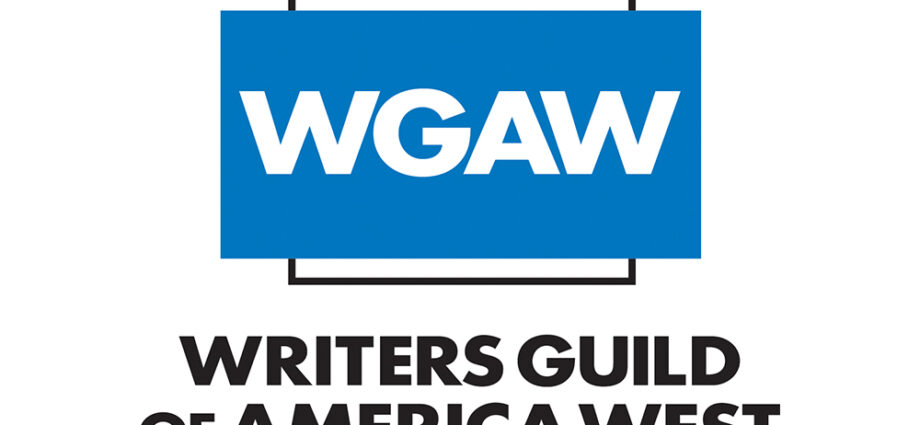Some 800 writers gathered last night at the Hollywood Palladium to go over the WGA’s agenda for its upcoming negotiations for a new film and TV contract with the Alliance of Motion Picture & Television Producers. The current contract expires on May 1. The membership meeting was the second over the past week — the first drew 500 attendees — with one more gathering scheduled in L.A. and another in New York later this month.
In the invitations to the meetings, the guilds’ Negotiating Committee told members that “We will present our proposed bargaining agenda and you will have the opportunity to share your thoughts, ask questions and hear from your fellow members about what’s at stake.”
Related Story
Janelle James To Host Writers Guild Awards In L.A.
As one guild member who attended the meetings put it, “We want more.” And by all accounts, the members are united in the WGA’s efforts to secure higher wages, increased residuals, better benefits and more favorable working conditions.
The possibility of a writers’ strike is a concern of many in the industry, but WGA leaders have been urging their members not to believe the rumor mill.
The next phase of the process in the runup to the negotiations themselves is the guild’s issuance of a pattern of demands, which is mandated, in virtually identical language, in Article IX – the “Preparation and Approval of Demands” – of the constitutions and by-laws of the WGA West and WGA East. And it can be a complicated process. Here’s how it’s detailed in the WGA West’s constitution:
The committee shall proceed to draft a set of demands to be submitted for the approval of the Board of Directors and thereafter the pattern of such demands shall be presented to the membership of each Guild. The Board in the area of primary interest shall vote first upon the demands, and then the other Board shall vote. If a majority of the Board of the Guild in the area of primary interest shall disapprove of the demands, they shall be referred back to the negotiating committee for further study, revision and resubmission to the Board as aforesaid.
If a majority of the Board in the area of primary interest shall approve and the vote of the Board in the area voting second is contrary to the vote of the area of primary interest by a two-thirds (2/3) vote, the votes of both Boards shall be counted on a cumulative basis to determine the approval or disapproval of the demands.
If on such basis the demands are disapproved, they shall be referred back to the negotiating committee for further study, revision and resubmission to the Boards.
Following approval by the Boards, the demands shall be submitted to the membership of the Guild in the area of primary interest (i.e., the geographic area where such negotiations are to be principally conducted), which shall vote first, and then the other Guild shall vote. If a majority of the combined voting membership of the Guilds shall disapprove of the demands, they shall be referred back to the negotiating committee for further study, revision and resubmission to the Board and membership as aforesaid.”
Upon a set of demands being approved pursuant to the above-described procedure, the negotiating committee shall commence to negotiate thereon with the persons, firms or corporations with whom agreement is being sought.
Must Read Stories
Bruce Willis’ Condition Worsens With Frontotemporal Dementia Diagnosis
‘Scream VI’ Stalks Franchise-Best Domestic Opening On Oscars Weekend
List Of Most Overpaid CEOs Includes Zaslav, Jassy, Cook; New SEC Rules Loom
Opening Pic Review; AGBO’s Saldaña Pic Sells; Red Carpet, Zelenskyy, Stewart & More
Read More About:
Source: Read Full Article
-
European Shares Little Changed Amid Data Deluge
-
U.S. Stocks Close Little Changed After Recovering From Early Weakness
-
US Announces 2 Critical Security Assistance Packages For Ukraine
-
Food Safety Company Employed More Than 100 Children, Labor Officials Say
-
European Shares Seen Opening Higher After Failed Wagner Mutiny





